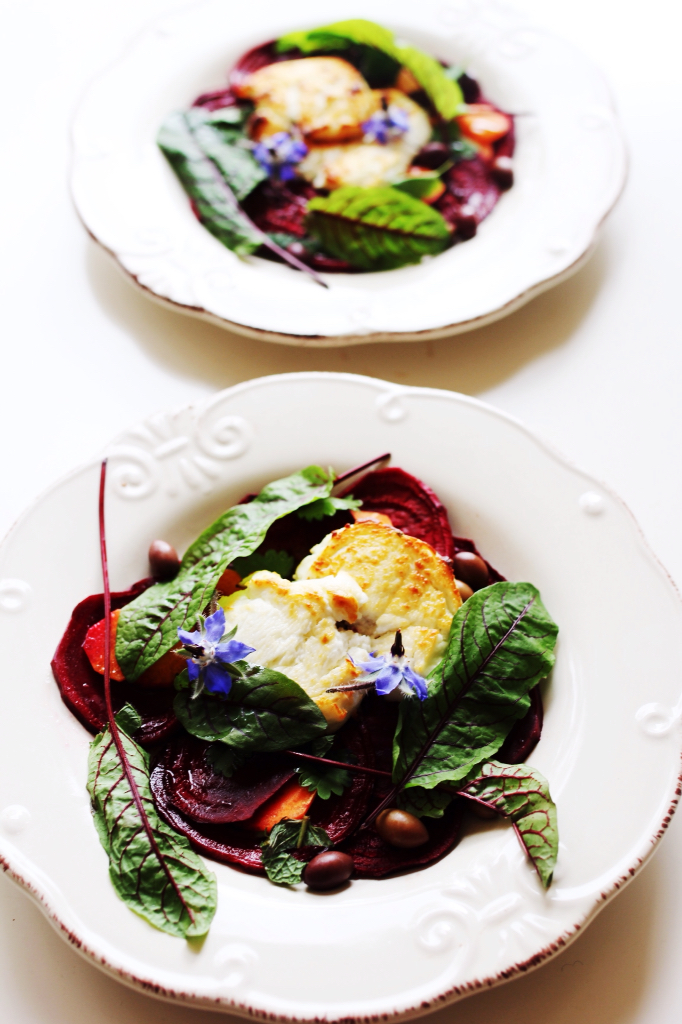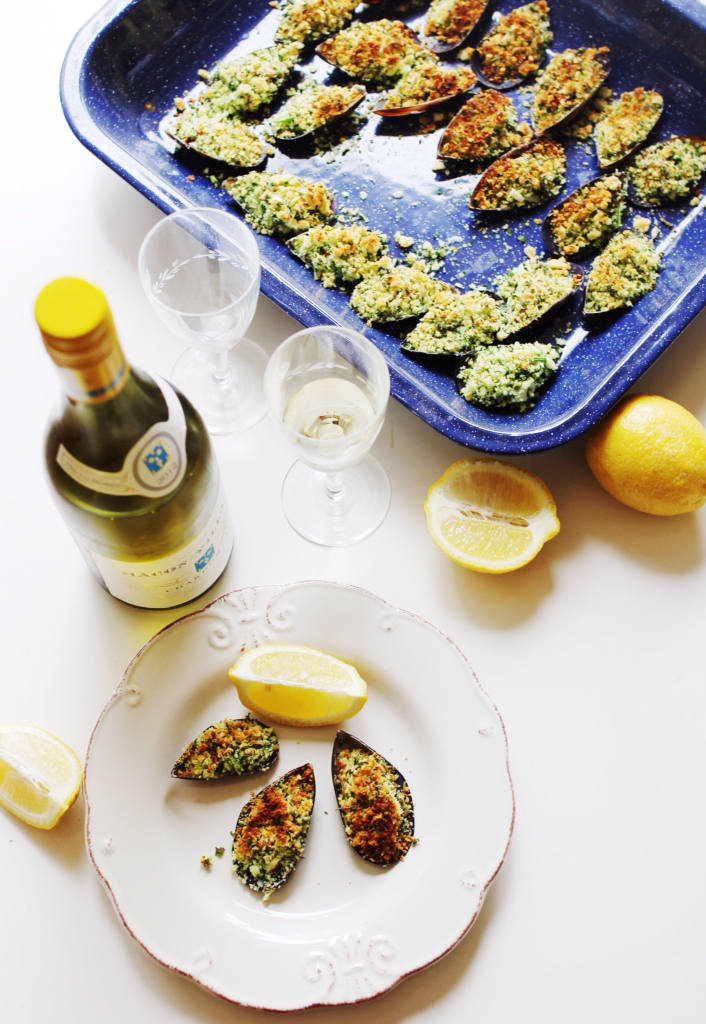Provençal tian

One thing common to all Mediterranean cultures - from Provence to Malta is the array of fantastic vegetable dishes, using primarily market-fresh tomatoes, zucchini, eggplants and onions. While eating a Greek Briam or this Provençal tian, I have often thought that you could easily become a vegetarian and eat spectacularly well in these sunny climates. I'll be sharing the recipe for a traditional Greek Briam soon, but in the meantime my kitchen - which is normally all about Greek food - has taken a little trip to visit a Mediterranean cousin and this Provençal tian. This dish is named after the earthenware pan it is traditionally baked in. Like a Briam, it is a gorgeous dish which melds the flavours of the vegetables together and just tastes like a big hug from summer. It tastes best the next day and if you are serving it as a standalone main meal, you can add a layer of partially cooked rice or quinoa underneath the vegetables to soak up all of their beautiful flavours. This dish lo







